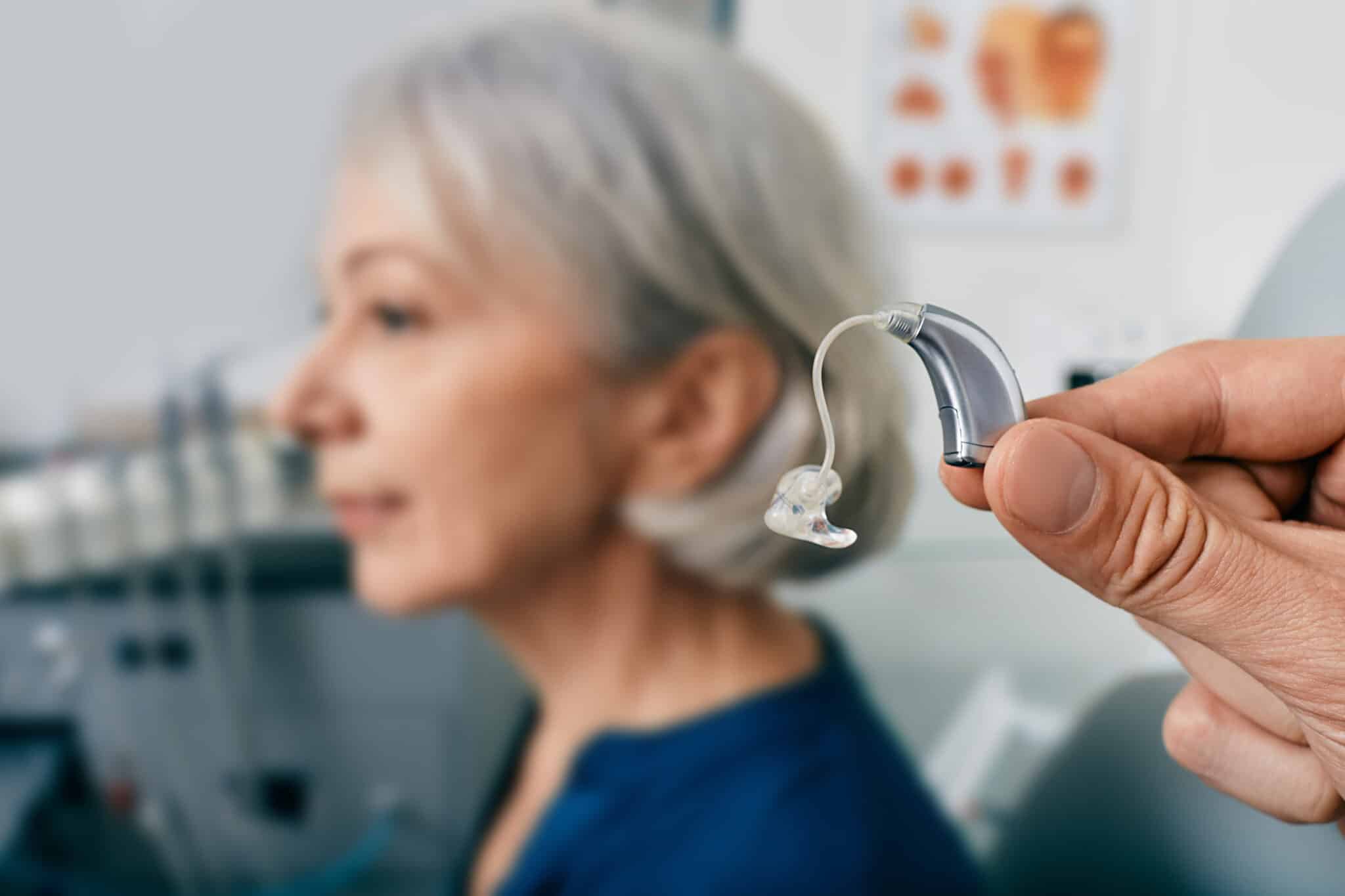The Vision Council reports, “There are 166.5 million U.S. adults (63.7%) wearing Rx eyeglasses as of 2021.” Meanwhile, according to the National Institute on Deafness and Other Communication Disorders, “About 28.8 million U.S. adults could benefit from using hearing aids”; however, only one in five people who could benefit actually uses one.
These sources show that eyeglasses are a much more common treatment for sensory loss than hearing aids. In this post, we review other differences between these two types of devices.
Hearing Aids Can’t Restore “20/20” Hearing

When you put on a pair of prescription glasses, your vision is essentially restored to 20/20 in most cases. However, the same effect is not achieved by putting in a set of hearing aids. Rather than restoring hearing, hearing aids work by amplifying sounds to a level the ears can detect.
Hearing Aids Require an Adjustment Period
With glasses, once you put them on, you can see well. Hearing aids, on the other hand, require an adjustment period. This is especially true if you wait a long time to treat your hearing loss, as most people do. Your brain essentially needs to re-learn how to process certain sounds, like how to focus on your conversation partner’s voice at L.A. Cafe in Spring Towers Lofts and how to ignore background noise like other people’s conversations.
Hearing Aids Need Follow-Up Visits
When you leave your eye doctor’s office, you probably won’t need to return for a year or two. But when you leave your audiologist’s office with your first set of hearing aids, know that you will probably need to return several times over the next few weeks or months. This is because hearing tests, which your devices’ programming is based on, occur in soundproof booths. In real-world situations, you may find that you need the programming to be different.
We’re sharing this information so that you have realistic expectations about hearing aids and so you don’t get discouraged and are ready to commit to the rehabilitation process.
For more information or to schedule an appointment with an audiologist, call The House Institute today.